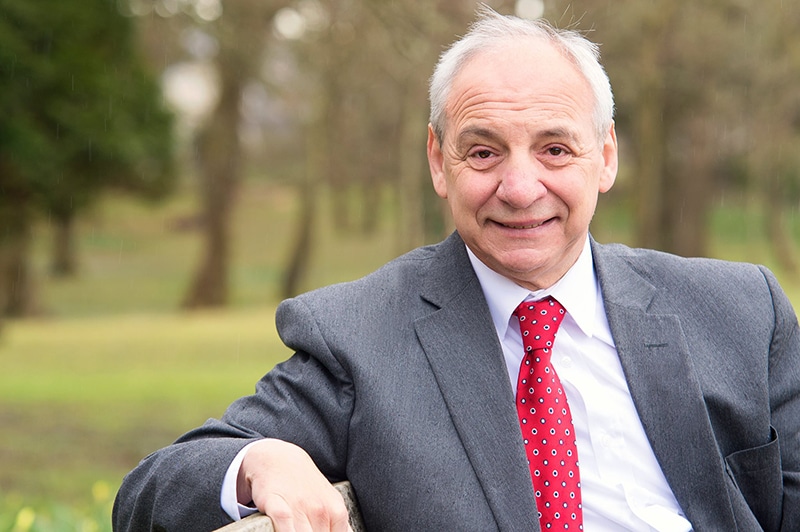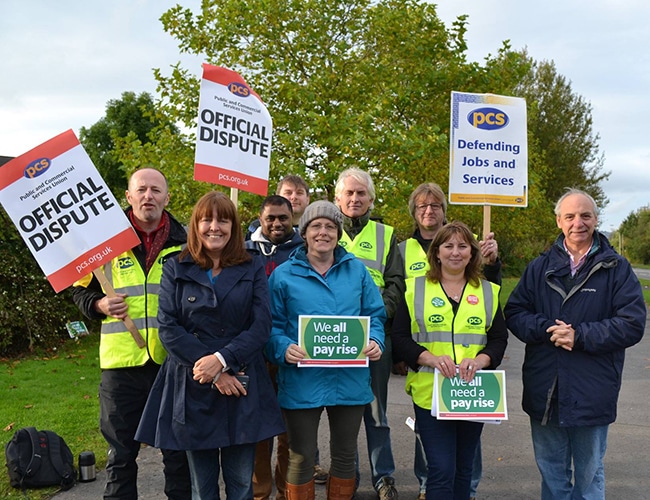- 22/05/2023
- Posted by: Mike Hedges MS
- Categories: Assembly Speeches, News

Mike Hedges speaks up for Brain Tumour Research
Speaking after the Short Debate at the Senedd, local Swansea East MS, Mike Hedges said…. ‘I have had an interest in Brain Tumour research following the death of my mother, as mentioned in my speech. I was pleased to sponsor a Brain Tumour Research event at the Senedd in February. I was pleased to speak today; I will continue to urge the Welsh Government to fund research in to Brain Tumours and for a treatment pathway for those diagnosed with a Brain Tumour.
Early diagnosis is vital and I urge everyone with Headaches or other symptoms to check with their GP so that any early warning signs can be picked up and referral to specialist teams made.’
Can I first of all thank Peter Fox not only for a minute in this debate but for bringing this short debate today? I was very pleased to sponsor an event on 25 April in the Senedd relating to brain tumours. My mother died of a brain tumour, which went undetected until it reached stage 4. She was being treated for a thyroid problem. The symptoms develop, as Peter said, gradually over several months, but only 40 per cent of people diagnosed with malignant brain tumours live for more than a year, and less than 20 per cent for more than five years. Several factors contribute to the high mortality rates of brain cancer, including the aggressive nature of the disease and impediments to treatment, so catching tumours early allows for more treatment options. What we need is more research into brain tumours, how we can stop them developing, and we need GPs to be better trained in identifying the existence of brain tumours and arranging for earlier tests.
Minister for Health and Social Services
Diolch yn fawr. I want to thank Peter Fox and, actually, many of the Members who clearly have a real personal interest in this particular subject area. And it’s been really heartfelt, I think, to hear people’s stories, their personal stories, and understandable why they see the need for high-quality cancer research, which is of course vital for patients who are suffering. I think it provides the evidence required to provide the best care, experience and services, and that’s why that high-quality cancer research is so vital.465
But with so many types of cancer, many of which have very low prevalence rates per country, in order to produce the evidence required to make the necessary improvements in prevention, diagnosis and treatment, we must see cancer research as a global endeavour. With that in mind, it’s important that we have a strong cancer research environment in Wales that can contribute to this global endeavour and support the delivery of research within our NHS, across many types of cancer, including brain and central nervous system cancers. And I’d just like to state that we do have to do this in order to make sure we respect the memory of people like Aaron Wharton, who Jack talked about. And it’s just heart-wrenching to think about the pain that the parents had to go through in that situation, and heart-wrenching to hear so many of you talk about your mothers and what they’ve had to suffer.466
Over the years, cancer has been the single biggest area of Welsh Government health research investment. Significant Government funding has, for example, built key cancer research infrastructure, such as the Wales Cancer Research Centre and the brain repair and intracranial neurotherapeutics unit. Now, in collaboration, these two groups are currently working to better understand and predict treatment responses in brain tumours, as well as developing novel technology to support Welsh-led first-in-human trials of therapies delivered directly into the brain. Of particular relevance to brain tumour research, Wales also benefits from the world-leading brain imaging centre at Cardiff University, and I was really honoured to go and visit this. Working in collaboration with Velindre, the centre is supporting the development of neuroimaging biomarkers to better understand the response and toxicity of radiotherapy treatment in brain tumours.467
We also have significant activity in cancer research in our NHS organisations themselves. Many of you have talked about the need for clinical trials; they are vital in both understanding conditions and offering treatment opportunities to patients. Here in Wales, we have around 10 brain tumour studies open, ranging from trials looking at understanding the causes of brain cancer to trials testing treatments, including radiotherapy and chemotherapy. Ensuring all patients have access to research opportunities is vital. Health and Care Research Wales routinely work closely with clinical teams to offer support to patients who may wish to access trials in specialist centres outside of Wales, so no-one is excluded from opportunities to try new treatments.468
Many of you will know that, last year, our research community, in partnership with stakeholders and Health and Care Research Wales, published the first cancer research strategy for Wales. The strategy focuses on six priority research themes where there is recognised Welsh research strength and where Welsh researchers can make the biggest contribution in support of the global research endeavour. And these themes are precision and mechanistic oncology; immuno-oncology; radiotherapy; cancer clinical trials; palliative and supportive oncology; and population and health-based cancer prevention, early diagnosis, primary care and health services research.469
Now, this new strategic approach recognises that, as we strive for improvements in prevention, diagnosis and treatment and work hard to address inequality, including gender inequality, we must focus on areas of critical mass and excellence that enable the research we support in Wales to deliver better patient outcomes. As well as Welsh Government funding, via Health and Care Research Wales, for the BRAIN unit and the Welsh Cancer Research Centre, there are other ways in which we’re supporting brain cancer research. In partnership with Cancer Research UK, we invest in a UK-wide experimental cancer research centre network, supporting both adult and paediatric Welsh research involvement. And this experimental cancer medicine centre network supports the delivery of early-phase cancer studies between research partners to enable faster and more personalised patient benefit, both for adult and paediatric networks that cover brain cancer trials. 470
This emphasises the importance of working in partnership, and we must continue with the work of working across national boundaries, universities, health and social care institutions and funders in order to create funding opportunities for Welsh researchers. We must ensure that our researchers are in touch with other quality research groups and increase the opportunities that Welsh patients have to participate in research. Given that we are members of the National Cancer Research Institute, we continue to be committed to looking for opportunities with partners.
Beyond research, our broader approach to improving cancer services and outcomes is set out in the quality statement for cancer, which I published in March 2021. As you know, I put significant focus on improving cancer services and outcomes. One of our six priorities in the NHS planning framework this year is cancer, and we are working closely with NHS services to make improvements. I’m pleased to see that the clinical services for brain cancer in north and south Wales have been given centre of excellence status by the Tessa Jowell Brain Cancer Mission. And this is extremely important, and it shows excellence in the patient treatment and care and research available to the people of Wales.
I’m extremely grateful for the opportunity to discuss this issue with you today to highlight the importance of brain cancer research for us as a Government, and to give you a clear idea of its role in the context of the cancer research strategy and in the broader research environment here in Wales. Thank you.

